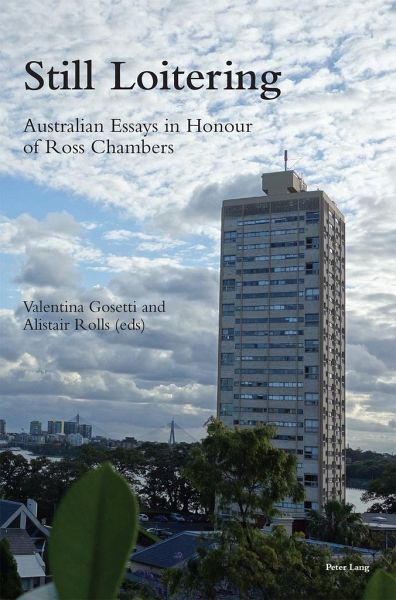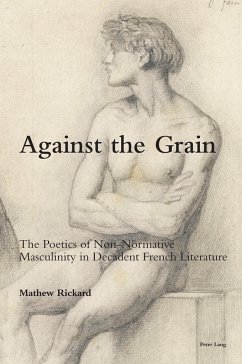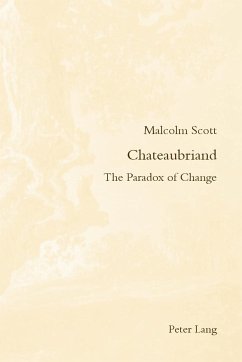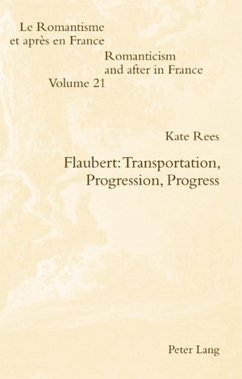
Still Loitering
Australian Essays in Honour of Ross Chambers
Herausgegeben: McGuinness, Patrick; Gosetti, Valentina; Rolls, Alistair
Versandkostenfrei!
Versandfertig in 6-10 Tagen
64,00 €
inkl. MwSt.
Weitere Ausgaben:

PAYBACK Punkte
0 °P sammeln!
In late October 2017, the profoundly sad news of Ross Chambers's passing reached Australia. Friends and colleagues scattered around the globe mourned the loss of a person of great 'humanity and humility', one of the most brilliant minds of his generation. This book is a tribute to Chambers's life and work and to his legacy among scholars in the global French studies, comparative literature and cultural studies communities. It is also rooted in the Australian context he left behind but never really left, a context he indelibly marked and where he still lives on.Loiterature, perhaps Chambers's m...
In late October 2017, the profoundly sad news of Ross Chambers's passing reached Australia. Friends and colleagues scattered around the globe mourned the loss of a person of great 'humanity and humility', one of the most brilliant minds of his generation. This book is a tribute to Chambers's life and work and to his legacy among scholars in the global French studies, comparative literature and cultural studies communities. It is also rooted in the Australian context he left behind but never really left, a context he indelibly marked and where he still lives on.
Loiterature, perhaps Chambers's most famous book, prescribes slow and careful reading practices but also quick-witted analysis. This collection draws together tributes, essays and critical responses to his wide-ranging work from Romanticism to the present, all demonstrating, through practice, the generative value of 'loitering'. While melancholy and nostalgia are inescapable themes in this collection, loitering is also about imminent departures. And his work encourages us to explore that unexpected turn, possibly leading us in unforeseeable directions. This book suggests a few ways in which he will travel with us into the future.
Loiterature, perhaps Chambers's most famous book, prescribes slow and careful reading practices but also quick-witted analysis. This collection draws together tributes, essays and critical responses to his wide-ranging work from Romanticism to the present, all demonstrating, through practice, the generative value of 'loitering'. While melancholy and nostalgia are inescapable themes in this collection, loitering is also about imminent departures. And his work encourages us to explore that unexpected turn, possibly leading us in unforeseeable directions. This book suggests a few ways in which he will travel with us into the future.














